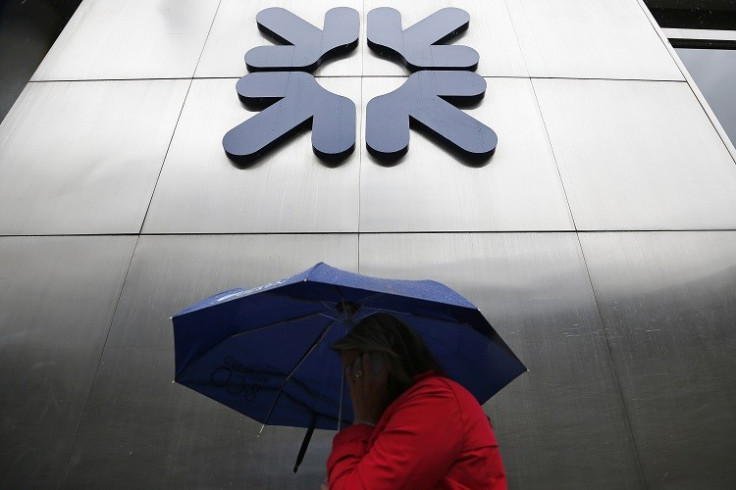RBS Internal 'Bad Bank' Just PR Spin to Help Privatisation?

UK Chancellor George Osborne said it is unlikely the Royal Bank of Scotland will be privatised before the next general election in 2015, despite the state-backed institution hiving off assets into an internal 'bad bank'.
But since the £38bn (€45bn, $61bn) risky assets will still effect RBS' good bank balance sheet, is this just merely a public relations strategy to show the public that the group is trying to cleanse itself of its ills?
Joe Rundle, head of trading at ETX Capital
"RBS is the biggest faller on the FTSE100 this morning after announcing the set up of an internal bad bank to ring-fence the bank's riskiest loans- a move backed by the UK government.
"So, it is welcomed news that RBS is finally taking action in ridding bad loans with an ambitious target in sight to run that portfolio down by the in three years however the "bad bank" is long overdue and also questionable as some felt that it would be better to just separate RBS into a good bank/bad bank structure.
"It seems as if RBS and the UK government have not been able to completely quantify the toxic assets on the balance sheet which is perhaps why the bad bank wasn't spun off separately.
"With an internally managed bad bank, toxic assets still effect the balance sheet of the good bank a risk to the overall health of the bank.
"Today's move looks to be a clever PR strategy so RBS can distinguish the performance of the good bank from the bad bank - this will help restore confidence in the UK bank and also help pave the way for privatisation.
"RBS also confirmed it would accelerate the sale of US banking arm Citizens Bank, saying a partial IPO of the unit is planned for 2014, with the aim of fully divesting the business by 2016. Another sign of RBS de-risking its balance sheet in order to be juiced up for privatisation.
Marc Kimsey, senior trader at Accendo Markets:
"Traders hoping for a treat were spooked by the Halloween numbers delivered by RBS this morning.
"A loss of over £600m proved a £1bn miss versus a £400m expected profit.
"The ring fencing of £38bn of bad loans, expected never to be repaid, avoids an actual good bank - bad bank split, but what really is the difference?"
Andre Spicer, Professor of organisational behaviour at Cass Business School:
"The decision to create an internal bad bank and delay privatisation will mean senior managers are not distracted with complex restructuring and the bank is not sold off for a bargain basement price which would lose the tax payers billions.
"Keeping RBS in public hands for a period may not be such a bad thing. Publicly owned banks tend to be more efficient, and they also force their private sector competitors to be more efficient too. Sadly, there is little evidence that publicly owned banks are better at lending to individuals and SMEs.
"RBS is going to face a tough task getting its house together. It must increase the capital it holds on its balance sheet. But it is caught in a bind between falling profits and rising costs.
"The bank is backing out of highly lucrative areas like investment banking and focusing on less profitable sectors like retail banking. Also there are some big costs on the horizon such as huge potential fines for manipulating the global currency markets.
"There are also likely to be big hidden costs which come with planned restructuring. Plans to cut staff could also lead to worse service, driving customers to jump ship.
"The new CEO seems to be taking tough decisions such as cleaning up the banks balance sheet, refocusing on retail and SME and restructuring the business. But if the bank hopes to avoid the kind of ethical problems which have dogged it in the past, it is vital that rebuilding a more prudent and responsible culture is part of the change agenda.
"Changing the organisational structure, developing new IT systems and laying off staff is unlikely to address the factors which caused this mess in the first place. It could actually make matters worse."
© Copyright IBTimes 2025. All rights reserved.






















